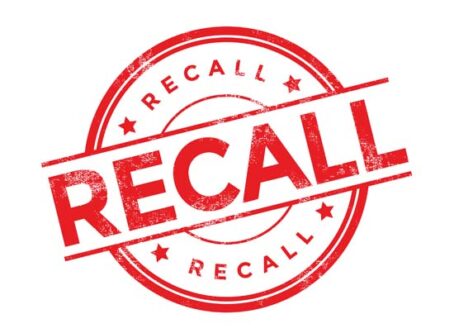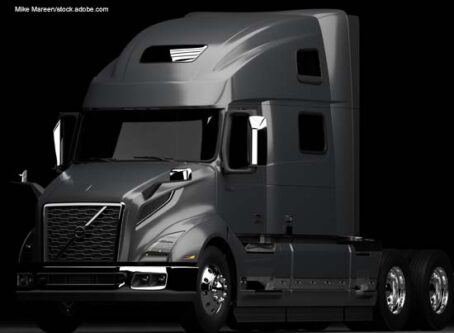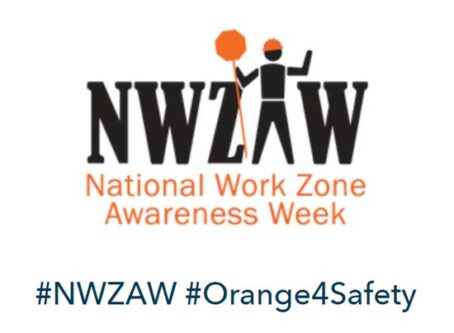OOIDA sends letter to state attorneys general outlining ELD mandate enforcement issues
The Owner-Operator Independent Drivers Association is sending an advisory letter to state attorneys general outlining potential legal issues with enforcing the upcoming mandate on electronic logs.
The letter aims to inform the state agencies and officers charged with enforcing the Dec. 18 mandate about potential problems created by the rulemaking. Among the seven points outlined in the letter are the issues of legal responsibility of installing and maintaining the devices. OOIDA’s interpretation of the mandate is that enforcement for several components of the regulation – including failing to install or maintain the devices – should be directed at motor carriers rather than drivers.
“What we hope to accomplish is to expand awareness of this important issue to individuals within the state that have the responsibility of assuring that their citizens are treated fairly in their business dealings,” said Todd Spencer, OOIDA executive vice president. “We want them to be aware of the shortcomings and problems with this initiative that they most assuredly have not been aware of.
“The malarkey that passes for fact in D.C., among lawmakers and policy makers, and the alternative facts that are being used to justify this intrusive assault on small business, simply don’t hold water.”
OOIDA continues to lead a broad coalition of industry groups in advocating for a delay of the mandate.
Indiana’s Attorney General Curtis Hill became the first statewide officeholder to call for a delay of the mandate. In a Nov. 29 letter to the FMCSA, Hill cited the regulation’s “self-certification” provision allowing ELD makers to claim their devices are compliant without any government or third-party verification.
“With manufacturers of ELDs currently responsible for ‘self-certifying’ their compliance with government standards – with no effective procedures seemingly yet developed to provide oversight over such self-certifying – drivers and operators are left without any way of ascertaining which brands and models of devices ultimately will pass muster,” Hill’s letter stated. “They must fly blindly into investing in products they are being required to purchase.”









